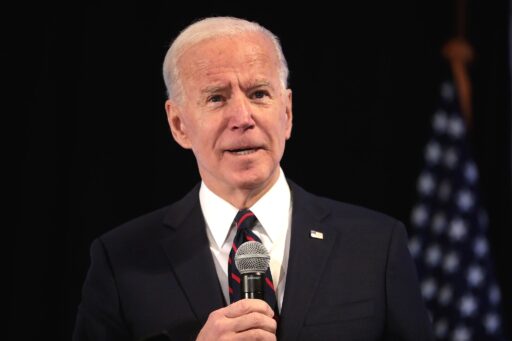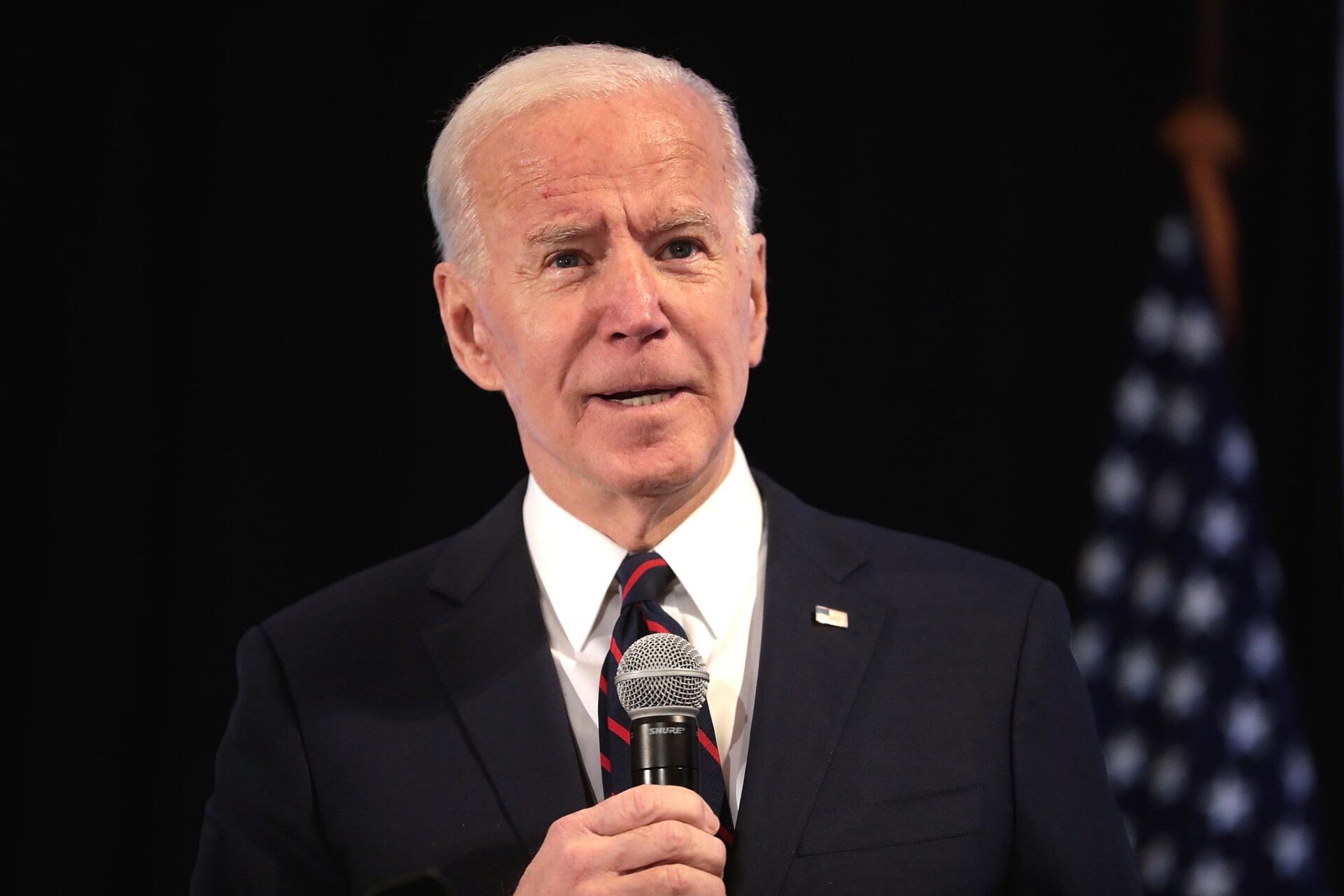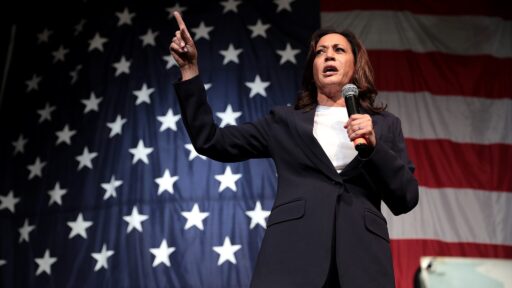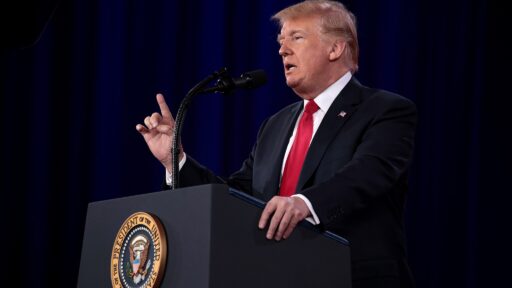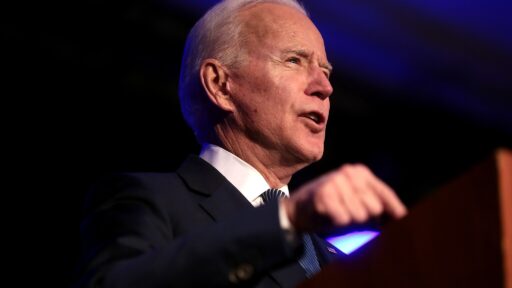Democrats Try To Pin Racism On The GOP
In a recent CNN interview, Rep. Maxwell Frost (D-Fla.) vehemently criticized Republican assertions regarding Vice President Kamala Harris, characterizing them as veiled racism under the guise of terms like “DEI hire.” Frost argued that such rhetoric amounted to racial slurs and “racist dog whistles” targeting Harris.
During the interview, Frost responded to comments by Rep. Tim Burchett (R-Tenn.), who had labeled Harris as a “DEI hire,” implying she was chosen primarily for diversity, equity, and inclusion reasons rather than merit. Frost condemned this characterization, asserting that Harris’s extensive political career and achievements—ranging from Attorney General to Vice President—demonstrate her qualifications far exceed any implied affirmative action rationale.
Burchett had earlier critiqued Biden’s selection process for vice president, suggesting it prioritized race and gender over qualifications. He argued that Harris’s appointment symbolized a preference for diversity metrics over competence, insinuating that this approach resulted in what he perceived as subpar leadership.
Frost countered these claims by highlighting Harris’s credentials and experience, dismissing Burchett’s assertions as unfounded and racially motivated. He emphasized that Harris’s career trajectory—from local politics to the Senate and then Vice Presidency—illustrates her capability and suitability for the role, regardless of diversity considerations.
Critics of Burchett’s comments, including Frost, viewed them as perpetuating harmful stereotypes and undermining Harris’s achievements. They argued that focusing on her race and gender diminishes her accomplishments and perpetuates discriminatory attitudes within political discourse.
The debate underscores broader divisions in American politics regarding diversity, equity, and inclusion initiatives. While some view these efforts as essential for ensuring representation and fairness, others, like Burchett, contend they prioritize identity over qualifications and merit.
As the discussion continues, both sides are likely to continue debating the implications of diversity in political appointments, especially in high-profile roles such as the Vice Presidency. The outcome of this debate may shape future discussions on how merit and diversity intersect in leadership selections within American politics.


